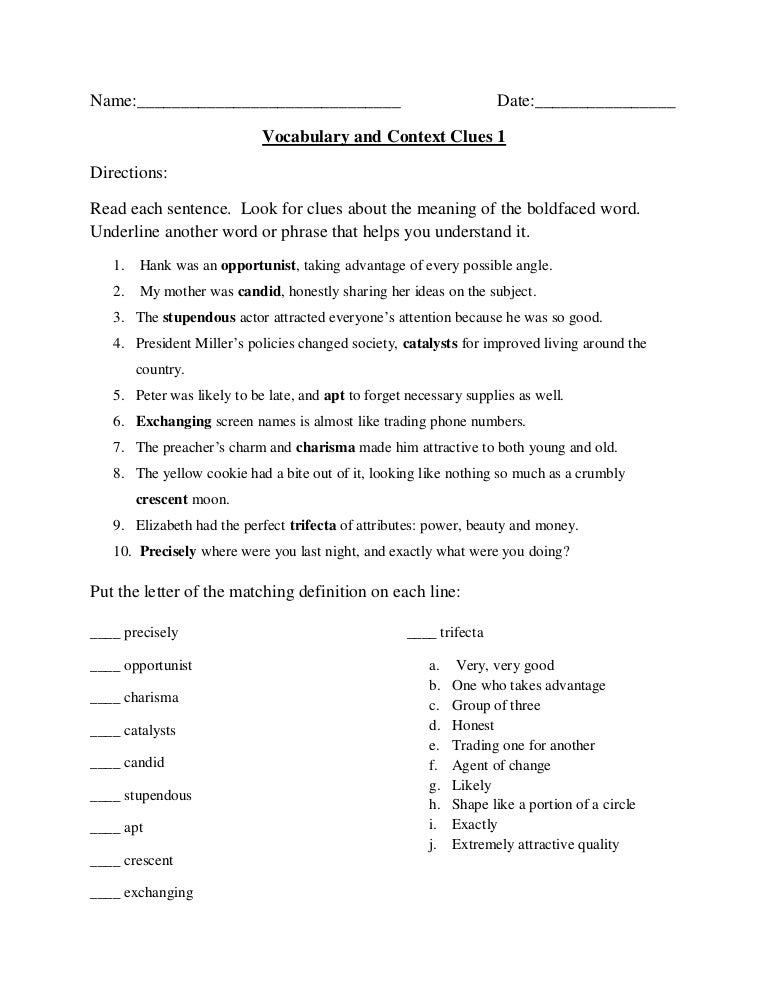Hinge is on track to triple their money in 2010, Tinder moms and dad says
Emily Bary
Complement people is wanting to replicate popularity of Tinder monetization having its other matchmaking software
Referenced Symbols
After turning Tinder into the main monetary motor, complement party Inc. wants to duplicate that profits with Hinge.
Since Match MTCH, -3.60percent produced the basic investment in Hinge in 2017, the online dating app has actually viewed the consumer base build 20 period, the organization provided exclusively with MarketWatch. Today Match completely possess Hinge, as well as its objective was a far more big earnings push that draws from a few of Tinder’s coaching without losing picture of exactly what gets Hinge their core attraction with a gathering of mainly urban millennials.
Hinge premiered in 2012 as a software wanting to move beyond the “hookup society” that Tinder is renowned for and into more serious commitment strengthening, with a principal selling point of utilizing present contacts to get to know anyone. When complement at first got associated with Hinge, the app have a fairly restricted set of revenue-generating qualities, namely the ability to purchase more lookup qualities or unlimited wants.
Fit remaining that plan set up to start with because handled developing Hinge’s consumer base and developing its relationship-focused brand, the good news is it’s “finally emphasizing monetization,” relating to Amarnath Thombre, leader of team’s Americas business, whom oversees the non-Tinder land.
The recent drive has actually Hinge on course to triple their profits this present year, a Match team spokeswoman told MarketWatch.
One successful ability lets consumers spend to possess their particular pages shown to additional daters, much like a choice provided on Tinder. Hinge also extra the capacity for suitors to buy digital roses for special fits. This holds similarity on the “super like” function on Tinder but adds a romantic angle playing down Hinge’s a lot more relationship-oriented identity.
Traction with some among these new attempts has actually Thombre confident about Hinge’s capacity to follow a monetization plan while deviating from Tinder in a single crucial means: one of the greatest draws of Hinge would be that it allows customers read who’s currently liked all of them at no cost. Users need to pay regarding capability on Tinder, also it’s one of many selling information from the providers’s “gold” membership tier.
“The fundamental benefit of Hinge are watching who preferred you,” Thombre stated. “we don’t discover any need to the touch which feature of Hinge.”
Hinge normally concentrating on sharpening its advertising, the guy informed MarketWatch. Early on, the application had been charged for individuals have harmonized with family of buddies. Now Hinge possess a broader aim to feel “the commitment software for millennials” and  also the business was promotional it as a dating app for folks who desire to be done with matchmaking applications.
also the business was promotional it as a dating app for folks who desire to be done with matchmaking applications.
These advertisments have actually helped the organization augment their charm beyond nyc and la, Thombre stated, with sight on more U.S. urban centers and markets such as the U.K., Australia, plus some Scandinavian countries. An individual base stays primarily millennials.
Experts manage encouraging about Hinge’s possible besides. “We think Hinge is Match’s next significant earnings and profits gains driver,” Morgan Stanley’s Lauren Cassel said in a note to clients a week ago, while reiterating a fat rank on inventory and improving the girl terms target to $151 from $141. She sees area for Hinge to provide extra a la carte paid characteristics beyond Increase and feels the company can boost registration rates further.
Cassel estimates that the brand currently features 6 million month-to-month productive customers and about 400,000 members. “[W]e estimate Hinge will likely reach
63percent the sheer number of Tinder readers at scale, but will be able to monetize those users at a much higher rates” because a superior, adult number of customers, she composed.
Complement team is wanting to interest millennial daters by stimulating its “affinity” brand names, aimed towards hooking up daters with individuals from close demographic or cultural groups. Match’s attraction company formerly skewed toward old daters with web-based choice, but Thombre said the company keeps seen “tremendous development” for new mobile applications BLK, Chispa, and Upward, which concentrate on the Ebony, Latino, and Christian forums, respectively.
“The screen is like Tinder with swiping through users, but additionally we’ve added tastes that resonate culturally,” he advised MarketWatch. These include the ability for consumers to express a deeper break down of their unique social root.
Investors could possibly be paying a lot more awareness of the online-dating landscaping in the years ahead as fit competing Bumble, which works a matchmaking application and additionally software for company marketing and relationships, is actually reportedly considering a preliminary community supplying. (A Bumble spokeswoman decreased to comment on prospective IPO plans.)
Thombre argues that Match’s victory stems to some extent from the vast library of matchmaking applications, like more mature qualities such as the namesake fit services and OkCupid as well as up-and-coming manufacturer like Hinge, BLK, and Chispa. The business’s view is the fact that apps don’t cannibalize each other but instead assist instruct one another courses.